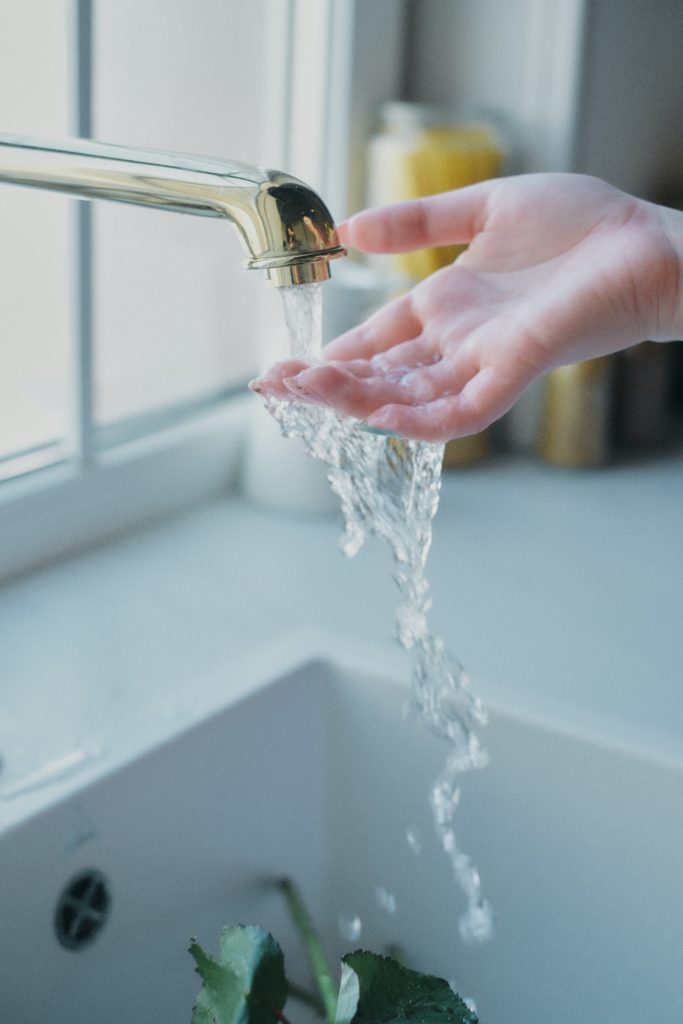A 2022 guide to choosing a water softener for your home

What is a water softener and how does it work?
Have you noticed a scummy build-up at the bottom of your kettle? Do you find that your dishes have streaks and stains after being washed? Have you noticed that your skin feels irritated after a relaxing bath?
If this sounds familiar, you are most likely living in an area with hard water.
Hard water areas significantly impact our appliances and bodies, but luckily, Three Counties plumbing and heating have the tips and tricks to get you back on track- a water softener!
A water softener is a whole-house filtration system that removes hardness in your water. Did you know that by having softened water, your home appliances such as kettles, washing machines, and dishwashers will last significantly longer and perform better?
A water softener addresses the prime issue of hard water. Hard water is damaging to your home and family. Hard water creates scale build-up in your pipes, clogging them and decreasing the water pressure.
Scale decreases the life of your household items such as coffee and ice machines. Hard water damages explicitly hot water appliances. This is because the higher the water temperature, the more calcium and magnesium will be present.
A water softener works by removing the calcium, magnesium, and other metal cations in hard water. This process is completed through ion exchange.
The process changes your water from hard water to softened water. The main components of a water softener include the mineral tank, control valve, and brine tank. The process starts when hard water flows into the mineral tank and then through spherical resin beads.
The resin beads are charged with a sodium ion; therefore, they have a negative charge. Calcium and magnesium have a positive charge, making them cations. The negative charge is attracted to the positive charge. When the hard water passes through the resin, the beads attract the mineral ions and remove them.
Then sodium ion is released. The resin eliminates the hardness in the water as it passes through the mineral tank, leaving you with softened water throughout your home.
The advantages of installing a water softener
Water softeners have become an increasingly popular investment in UK homes. If you are curious as to why they are so popular, read about all the advantages and benefits below so you can decide if this is an essential investment for you and your home.
Advantages for your kitchen and bathroom
There are several advantages to your kitchen. For example, your laundry won’t need as much detergent, and your dishes will come out streak-free and stain-free. Your pipes will no longer have scale build-up, and your glassware won’t have mineral spots. Water softeners also reduce soap films and lengthen the life of appliances. Benefits for your bathroom include that you won’t get a build-up on your shower curtains.
Advantages for your skin and hair
There are multiple advantages for your skin and hair. For example, your bath water will no longer irritate your skin. Your soap and shampoo will lather; therefore, after washing your hair, it won’t feel sticky anymore but soft.
Advantages for your energy bills
Of course, there is an advantage for your energy bills too. A water softener can save you money on your energy bills as your water heater won’t have to work as hard. The main advantage is that you won’t have to spend your time, energy, and money cleaning up the after-effects of hard water.
Is there a downside to having a water softener?
The main downside of having a water softener includes that it wastes water. In the long term, this will negatively impact the environment. Salt use also damages the environment and planet we live on.
Other negatives include that you may need additional plumbing. The system will also take up some space in your home. When installing a water softener, you need cupboard space under your kitchen sink. However, the location of your water softener will depend on where your mains water inlet is. You will also need to service your water softener.
However, some manufacturers say that servicing is never needed. Your water softener will also require rock salt to be added every couple of weeks. This can add up to a considerably high cost over a period of time. This usually costs between £30-70 per year. There are a couple of downsides to having a water softener, but the positives definitely outweigh the negatives.
This may also interest you:
Speak to Three Counties about your hard water concerns
Three Counties is a reputable plumbing and heating company based in Aylesbury. This is also where the head office is located. Three Counties provide a range of services to make your life easier in the Buckinghamshire area. For example, plumbing repairs and installation, drips, leaks, and drain support are a few common services. Three Counties are known as a popular plumbing service for all your possible plumbing needs. We also provide emergency plumbing services for your household emergencies outside regular business hours. Unlike other businesses, we are also gas-safe registered and offer a transparent company to our customers.
If you want to contact someone about your challenging hard water concerns, then Three Counties is the company you are looking for. As a trusted and experienced local plumber in the area, Three Counties ensure that your appliances are installed and maintained safely. Please get in contact today and speak to Three Counties about your hard water issues, and we can provide support, advice, and the best service possible.
Got an emergency?
We offer a responsive 24/7 Call Out Service